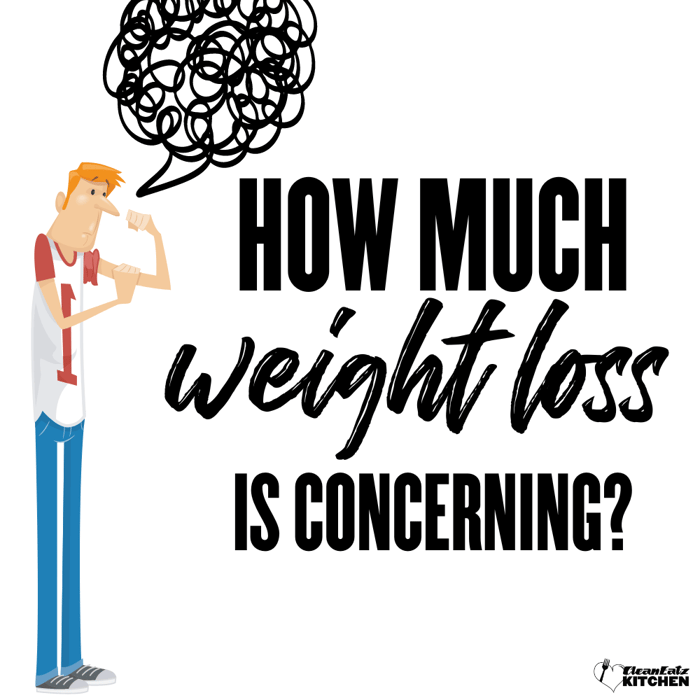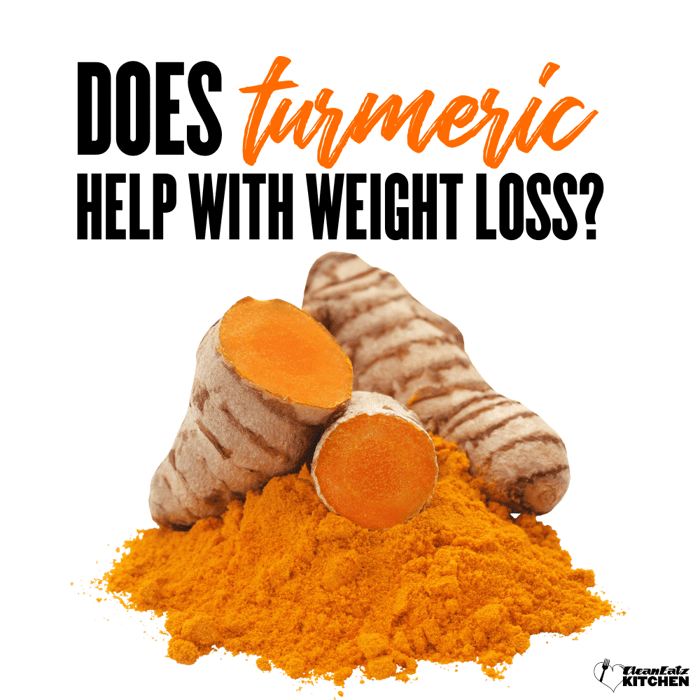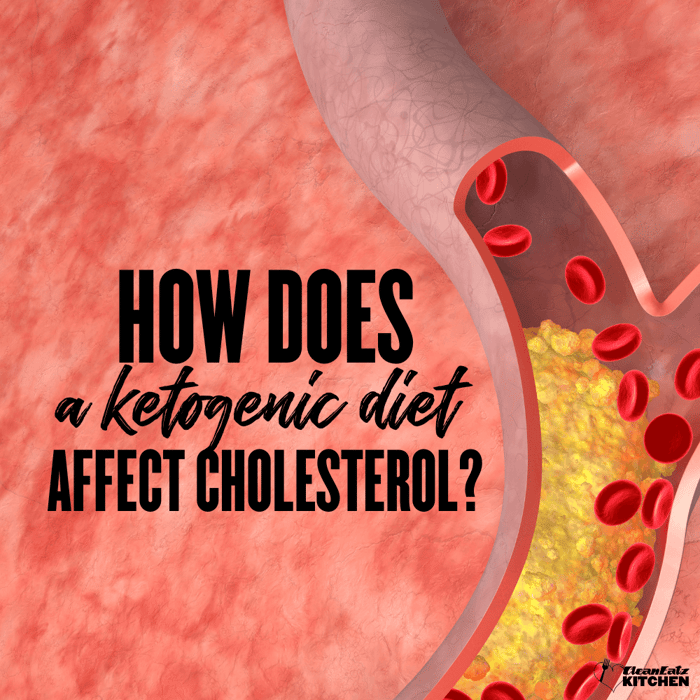How Much Weight Loss is Concerning?

Jason Nista
Weight Loss
|
Healthy Lifestyle
12/09/2022 10:42am
7 minute read
Weight loss can be a desired outcome for many individuals, but when it occurs unintentionally or exceeds the intended goal, it can raise concerns. Understanding how much weight loss is concerning is crucial for assessing the situation. In this article, we will delve into the topic to determine:
- How Much Weight Loss is Concerning,
- Causes of Rapid Weight Loss,
- What to Do if You’re Losing Too Much Weight?,
- When to Get Help?
How Much Weight Loss Is Concerning?
When it comes to your well-being, understanding "how much weight loss is concerning" is of paramount importance. Significant and unexplained weight loss can raise red flags, indicating potential underlying medical conditions or nutritional imbalances. Determining the threshold for concerning weight loss depends on various factors, including your overall health, baseline weight, and the rate at which you are losing weight.
If you are not trying to lose weight, a 5% decrease in your normal weight in a span of 6 to 12 months is concerning. For example, if you weigh 140 pounds, a 7-pound reduction in your weight within 6 to 12 months would be cause for concern. Or if you normally weigh 180 pounds, a 9-pound decrease would be concerning.
On the other hand, if you are trying to lose weight, it’s hard to know when to worry. A person who follows the weight loss meal plan is expected to lose about 1 to 2 pounds a week. If you are consistently losing significantly more weight than this, you may need to seek medical help even if the rapid weight loss aligns with your weight loss goals.
Causes of Rapid Weight Loss
Rapid weight loss can be the result of a range of factors, signaling the presence of underlying health conditions or lifestyle choices. It is crucial to identify and understand the possible rapid weight loss causes in order to accurately assess the situation and provide the necessary medical intervention. Here, we will explore several medical conditions commonly associated with rapid weight loss.
Underactive or overactive thyroid: The thyroid is a very important organ in your neck that controls your metabolism. Rapid weight loss is often caused by an overactive thyroid that triggers high rates of metabolism. A higher metabolic rate means more energy requirements which means more burning of fat stores.
Cancer: One of the most common signs of cancer is weight loss. This is because cancer cells often burn energy too causing you to lose weight. Cancer treatments like chemo and radiotherapy can also cause weight loss in patients.
Gastrointestinal (GI) issues: All your energy comes from food which must go through the gut before it is absorbed by the body. If your gut lining is damaged, it may cause a problem with food digestion and absorption. Some of the GI issues that cause this include Inflammatory Bowel Syndrome, Crohn’s disease, and ulcers.
Diabetes: To properly use and store energy, you need adequate levels of the hormone insulin. If your insulin production is compromised, as it often is in those living with diabetes, your body will resort to burning your existing fat stores to generate energy.
Mental health issues: Our mental well-being heavily influences our food choices. This is why one of the common symptoms of mental health disorders is changes in appetite. Conditions like depression, anxiety, and stress can cause loss of appetite, which if not treated, can manifest as weight loss.
Prescription medication: Some prescription medications may cause weight loss as a side effect. This is often caused by changes in appetite or increased metabolism.
Drug abuse: Drugs like meth and cocaine can cause weight loss in abusers by compromising their mental well-being and their appetite.
Heart failure: Rapid or unexplained weight loss might also be a sign of heart disease particularly, Congestive Heart Failure (CHF). CHF is a condition where the heart can’t fill up with blood or can’t pump enough blood or both. The condition compromises how much blood goes and leaves the gut resulting in poor energy digestion and absorption.
What To Do If You’re Losing Too Much Weight?
The first course of treatment for unexplained weight loss is identifying and treating the underlying cause.
For example, if your weight loss is caused by depression, you may need to see a therapist. If you are losing weight because of medication, you may need to alter the dose or switch to a more tolerable medication. There is no point in trying to treat your weight loss without treating the underlying cause.
If there are no underlying reasons for weight loss, your doctor or dietitian might recommend increasing your calorie intake to meet your energy needs. This will include adding healthy high-calorie foods to your diet. Such foods include avocados, nuts, unprocessed meat, cheese, and olive oil.
If a whole-food diet isn’t adequate to meet your energy needs, your dietitian might recommend trying other options like energy bars, a keto diet, and protein supplements.
When to Get Help?
You should seek treatment for unexplained weight loss if you drop more than 5% of your normal body weight in 12 months or less. However, you should still get help as soon as you believe your health is compromised even if you’ve not yet hit this mark.
It is especially crucial to get treatment if your weight loss is accompanied by other signs and symptoms. The signs to watch out for include headaches, loss of appetite, chronic pain, swelling, vomiting, and any unusual changes to your health.
Final Thoughts
Understanding "how much weight loss is concerning" is essential for assessing one's overall well-being. Rapid and unintended weight loss can indicate underlying health conditions or imbalances. Identifying the underlying causes, such as thyroid issues, cancer, gastrointestinal problems, diabetes, mental health disorders, medication side effects, drug abuse, or heart failure, is essential for appropriate treatment. Seeking medical help is advised when experiencing significant and unexplained weight loss, particularly if accompanied by other symptoms. Treating the underlying cause and, if necessary, adjusting calorie intake with a balanced diet can help address and manage weight loss effectively. Prioritizing health and seeking professional guidance are key to promoting overall well-being.
FAQ
What Tests Are Done for Unexplained Weight Loss?
Tests for unexplained weight loss may include blood tests to check for hormonal imbalances, nutrient deficiencies, or underlying medical conditions. Additional diagnostic procedures like imaging scans, endoscopy, or biopsies may be performed based on the individual's specific symptoms and medical history.
What Kind of Doctor Should I See for Unexplained Weight Loss?
It is recommended to consult with a primary care physician or a general practitioner for initial evaluation of unexplained weight loss. Depending on the suspected cause, they may refer you to a specialist such as an endocrinologist, gastroenterologist, oncologist, or psychiatrist for further investigation and treatment.
What Can Cause Rapid Weight Loss in A Man?
Rapid weight loss in men can be caused by various factors such as overactive thyroid (hyperthyroidism), cancer, gastrointestinal disorders, diabetes, mental health issues, substance abuse, heart failure, or certain medications. A thorough medical evaluation is necessary to identify the specific cause in each individual case.
How Does the Body React To Rapid Weight Loss?
When the body undergoes rapid weight loss, it may trigger metabolic adaptations to conserve energy. These adaptations can include a decrease in metabolic rate, loss of lean muscle mass, hormonal changes, and alterations in appetite regulation. The body's response to rapid weight loss can vary among individuals.
Why Rapid Weight Loss Causes Gallstones?
Rapid weight loss, especially when it involves a very low-calorie diet or extreme caloric restriction, can lead to an increased risk of developing gallstones. This occurs because rapid weight loss can disrupt the balance of bile salts and cholesterol in the gallbladder, leading to the formation of gallstones. It is important to approach weight loss in a gradual and sustainable manner to minimize this risk.



